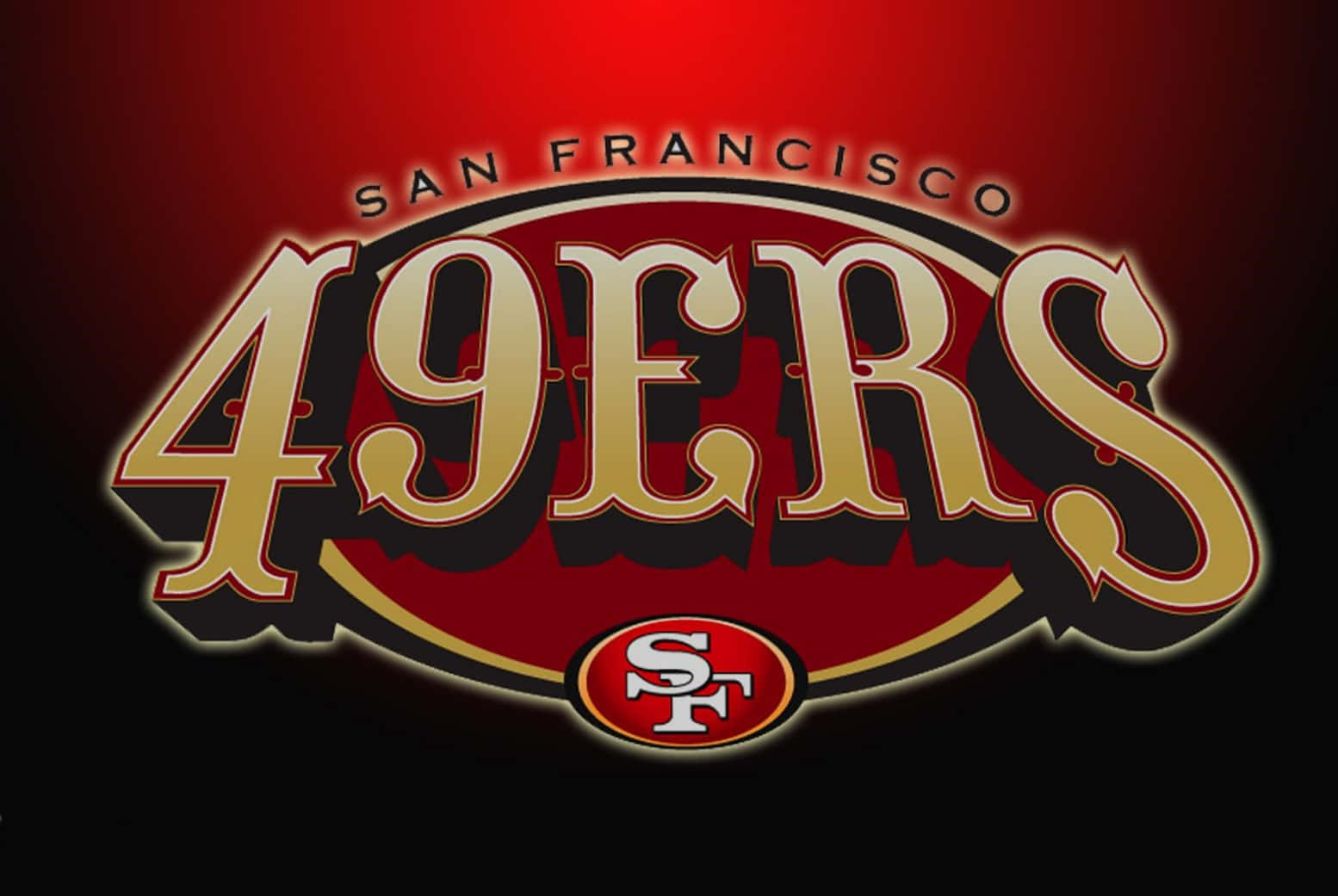
Following a couple of days of thought, San Francisco 49ers defensive coordinator Steve Wilks expressed his desire for a do-over following the all-out blitz that backfired with a 60-yard touchdown just before halftime in the team’s Monday night loss to the Minnesota Vikings.
Speaking to reporters for the first time since the 49ers’ 22-17 loss, Wilks began with an apology, declaring categorically that if given a second opportunity, he would have selected a different plan. He accepted full responsibility for the disastrous judgement, emphasising the importance of putting his players in a better position and accepting his need to improve. “I wish I could take it back,” he says, “but again, I’ve got to do better.”
The game-changing play came with 16 seconds left in the second quarter. With no timeouts remaining, the Vikings faced a third-and-6 predicament at their own 40-yard line. They had been making short passes in the hopes of setting up a field goal try. The 49ers used a blitz before the snap, leading Vikings quarterback Kirk Cousins to check into a deep ball to rookie receiver Jordan Addison.
Unfortunately, Wilks had activated an all-out blitz, sometimes known as a “zero blitz,” in which seven players were sent at Cousins, leaving the defensive backs with little assistance if the pressure failed to reach the quarterback. Cousins’ pass fell short, and it looked like Niners CB Charvarius Ward had intercepted it. Addison, on the other hand, managed to pull the ball away from Ward and dash into the end zone for a 60-yard touchdown, boosting Minnesota’s advantage to 16-7.
Following the game, Niners head coach Kyle Shanahan expressed his displeasure with the play call, pledging meetings and a plan review. These negotiations took place, and Wilks admitted his mistake. Shanahan stressed that his problem was not with the notion of a zero blitz or Wilks’ aggressive approach, but with the timing and situational understanding. According to NFL Next Gen Stats, it was the first time a seven-man pass rush was attempted in the last 30 seconds of a half in opposition territory since Week 11 of 2020.
Shanahan pointed out that he had no qualms with a zero blitz in general, especially when an opponent needed substantial yardage, but in this case, with only 16 seconds left, it was an inappropriate choice. Addison’s long touchdown received the most attention, but it highlighted ongoing defensive struggles, particularly in the pass rush. Despite leading the league in interceptions (11) and ranking third in points allowed per game (15.6), the 49ers lagged behind in sacks per dropback despite allocating significant salary cap space to their defensive line.

Wilks is in his first year as defensive coordinator, taking over from DeMeco Ryans, who became the head coach of the Houston Texans in the offseason. The hope when hiring Wilks was to maintain the defensive philosophy established under Ryans and his predecessor, Robert Saleh, while potentially adding new perspectives due to his history of coaching defensive backs. Since Shanahan’s arrival in 2017, the 49ers have relied heavily on generating pressure with their front four and deploying zone coverage.
Under Wilks this season, the Niners have been blitzing on 24.3% of opponent drop-backs, which is the 15th-highest in the league and the second-highest rate since Shanahan’s arrival. However, this increase is not significantly higher than the 22.8% rate under Ryans in 2022, and the 49ers are struggling to sack the quarterback regardless of the defensive strategy.
Wilks emphasized that pass rush and coverage are interconnected, and he is still working on understanding when to use specific blitzes and other calls, considering the unique nature of the 49ers’ defense. He expressed confidence in his coaching staff and players, assuring that he is not hitting the panic button.
Leave a Reply